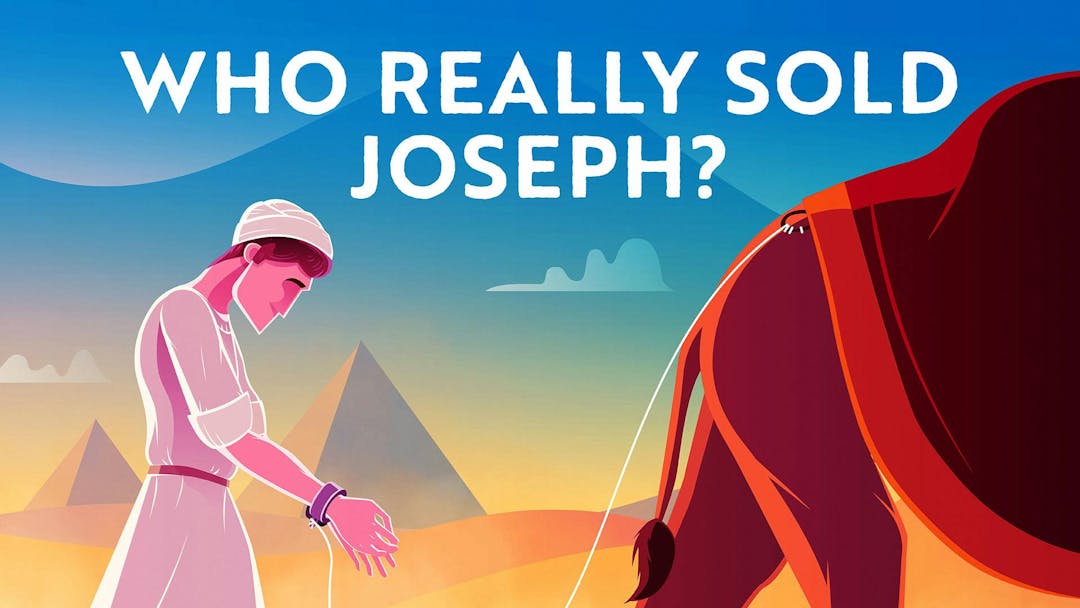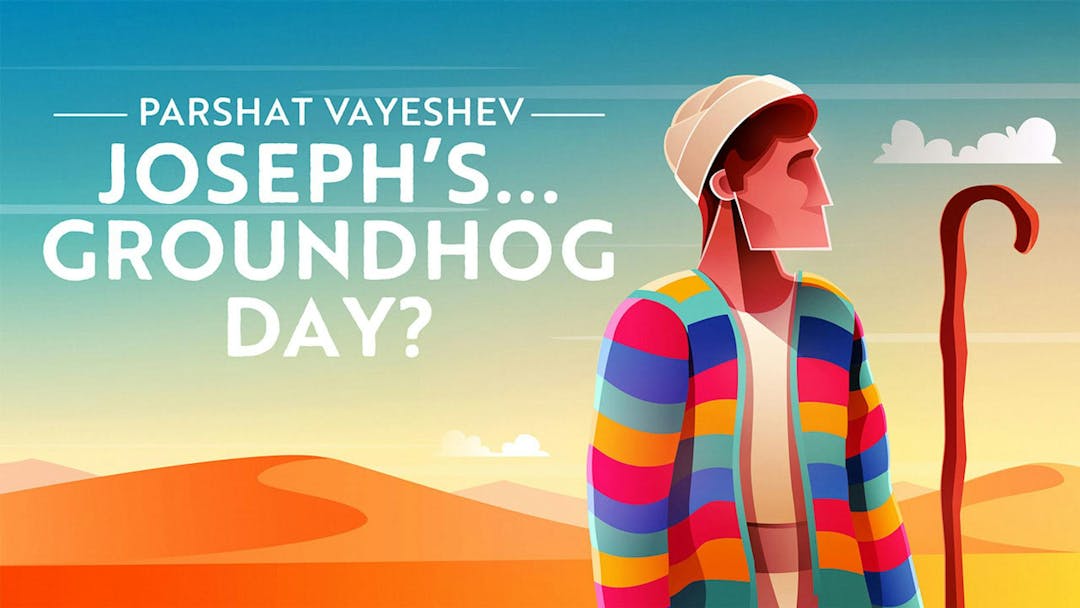Start your free trial today to unlock the full library and enjoy unlimited and uninterrupted access.
Get StartedHarlots & Coats & Goats, Oh My!
The Troubling Story Of Judah And Tamar
Is this a chapter in Genesis or an episode of Game of Thrones?! In Parshat Vayeishev (Genesis 37:1–40:23) the story of Joseph's drama with his brothers is put on hold for us to learn about Judah and Tamar's seemingly scandalous rendezvous. Why are we hearing about this story now? What does it mean and what can it possibly add to our understanding of the Joseph story?
For more on Judah and Tamar: The ‘Scandalous’ Backstory of Boaz and Ruth
Want to watch the full video for free?
Enter your email and we’ll send you a link to watch the full series free.
What is Aleph Beta?
Aleph Beta is a unique kind of Torah library. Led by our founder, Rabbi David Fohrman, we are dedicated to high-level, textual Torah learning for adults that is intellectually and spiritually sophisticated, that enlivens your Jewish practice and helps you forge a deeper connection to God. Whether you’ve been learning in yeshiva for years or you’re just beginning your Torah journey, you’re sure to find something meaningful and surprising waiting for you here.
Browse our library of over 1,000 beautifully produced animated videos, podcasts, deep dive courses, and printable guides. Topics include the weekly parsha, Jewish holidays & fast days, laws & mitzvot, prayers, relationships, big philosophical ideas and more. Have something to say at the Shabbos table that will amaze your family and guests and bring deep meaning into their lives.











